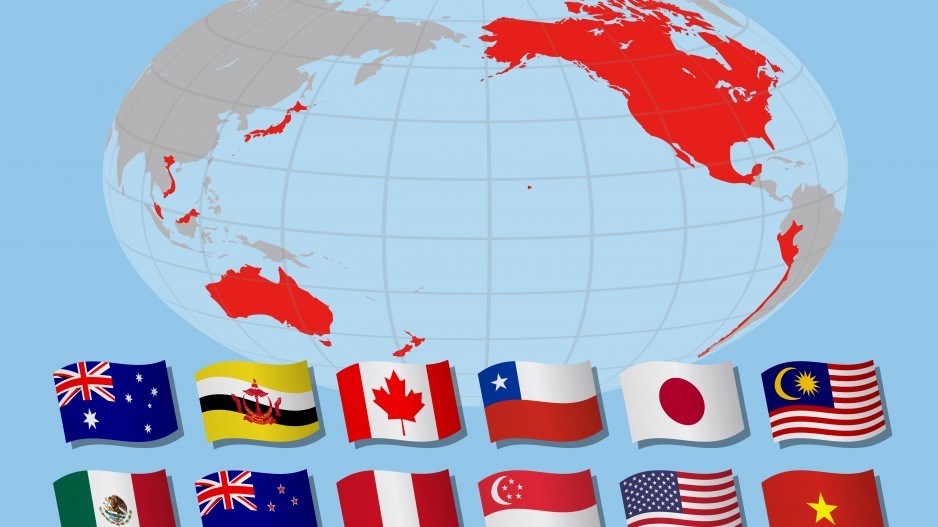Canada will sign the Trans-Pacific Partnership (TPP) agreement when members of the controversial trade deal gather in early February, according to International Trade Minister Chrystia Freeland.
“Signing does not equal ratifying,” Freeland wrote in a letter posted to her ministry’s website Monday (January 25).
But the minister said Canada “needs to stay at the table with the other TPP countries” so that Parliament can fully evaluate its merits.
“Signing is simply a technical step in the process,” Freeland wrote.
“Just as it is too soon to endorse the TPP, it is also too soon to close the door.”
Countries have up to two years to decide whether to ratify the agreement after signing onto the TPP.
Freeland said she has participated in 70 roundtables dealing with the trade deal and has been consulting with provinces, labour leaders, business representatives and academics since the federal Liberals won a majority government last fall.
“It is clear that many feel the TPP presents significant opportunities, while others have concerns,” Freeland wrote.
Highline CEO Marcus Daniels told Business In Vancouver in November the agreement might be positive for many traditional Canadian industries in the resources sector but is “potentially dangerous for several innovation-driven sectors such as tech.”
Canadian technology experts have expressed concerns the trade deal heavily favours the U.S. in terms of intellectual property standards.
But not signing the TPP could leave Canadian exports to the U.S. at a disadvantage despite already being a member of the North American Free Trade Agreement (NAFTA).
While 73% of Canada’s exports go to the U.S., TPP members would gain preferable access to the American market to that negotiated in NAFTA, according to international trade lawyer Lawrence Herman.
TPP members will meet in New Zealand February 4 to sign the trade deal.
—With files from Glen Korstrom




